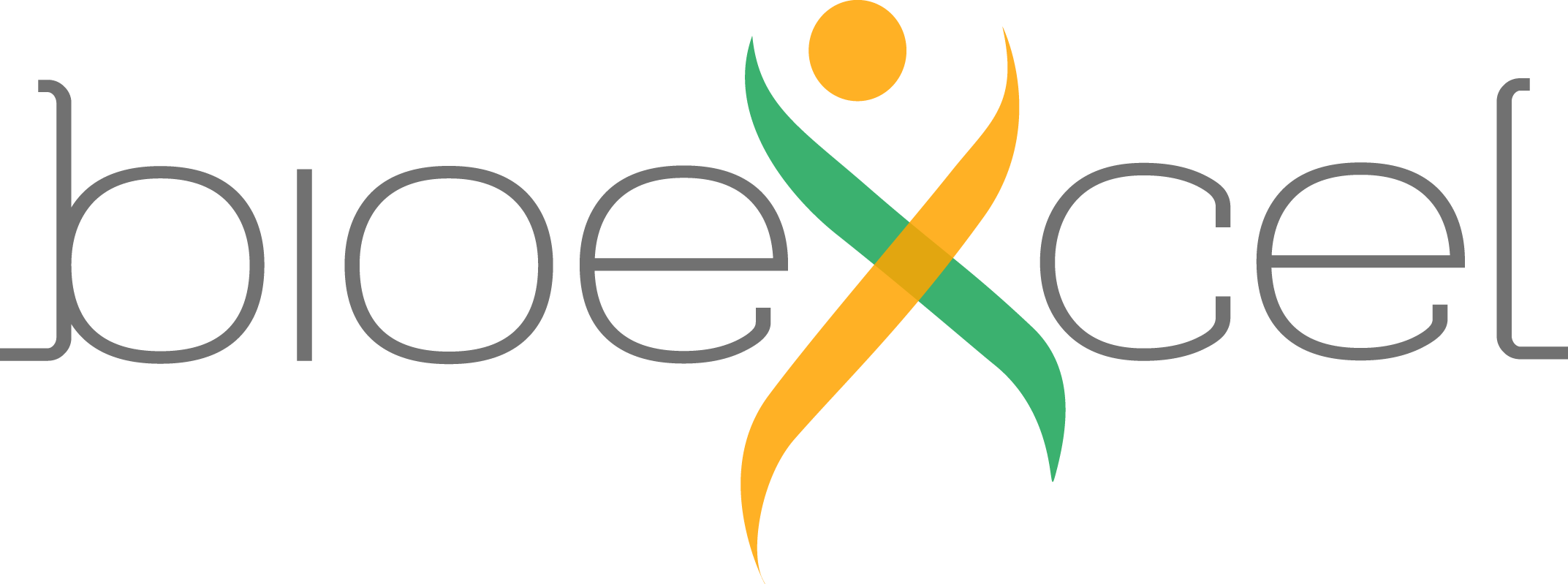Protein conformational transitions calculations tutorial using BioExcel Building Blocks (biobb) and GOdMD
This tutorial aims to illustrate the process of computing a conformational transition between two known structural conformations of a protein, step by step, using the BioExcel Building Blocks library (biobb).
Examples shown are the calculation of the conformational transition for the Adenylate Kinase protein, from the closed state (PDB Code 1AKE) to the open state (PDB Code 4AKE). Adenylate Kinases are phosphotransferase enzymes that catalyze the interconversion of the various adenosine phosphates (ATP, ADP, and AMP), and are known to undergo large conformational changes during their catalytic cycle.
The code wrapped is the GOdMD method, developed in the Molecular Modeling and Bioinformatics group (IRB Barcelona). GOdMD determines pathways for conformational transitions in macromolecules using discrete molecular dynamics and biasing techniques based on a combination of essential dynamics and Maxwell-Demon sampling techniques. A web implementation of the method can be found here: https://mmb.irbbarcelona.org/GOdMD/index.php
Exploration of conformational transition pathways from coarse-grained simulations.
Sfriso P, Hospital A, Emperador A, Orozco M.
Bioinformatics, 129(16):1980-6.
Available at: https://doi.org/10.1093/bioinformatics/btt324
- biobb_godmd: Tools to compute protein conformational transitions using GOdMD.
- biobb_io: Tools to fetch biomolecular data from public databases.
- biobb_structure_utils: Tools to modify or extract information from a PDB structure.
- biobb_analysis: Tools to analyse Molecular Dynamics trajectories.
- emboss: Software that automatically copes with data in a variety of formats and even allows transparent retrieval of sequence data from the web.
- jupyter: Free software, open standards, and web services for interactive computing across all programming languages.
- plotly: Python interactive graphing library integrated in Jupyter notebooks.
- nglview: Jupyter/IPython widget to interactively view molecular structures and trajectories in notebooks.
- simpletraj: Lightweight coordinate-only trajectory reader based on code from GROMACS, MDAnalysis and VMD.
git clone https://github.com/bioexcel/biobb_wf_godmd.git
cd biobb_wf_godmd
conda env create -f conda_env/environment.yml
conda activate biobb_wf_godmd
jupyter-notebook biobb_wf_godmd/notebooks/biobb_wf_godmd.ipynbClick here to view tutorial in Read the Docs
Click here to execute tutorial in Binder
Click here to open tutorial in Google Colab
2024.1 Release
This software has been developed in the MMB group at the BSC & IRB for the European BioExcel, funded by the European Commission (EU Horizon Europe 101093290, EU H2020 823830, EU H2020 675728).
- (c) 2015-2025 Barcelona Supercomputing Center
- (c) 2015-2025 Institute for Research in Biomedicine
Licensed under the Apache License 2.0, see the file LICENSE for details.


